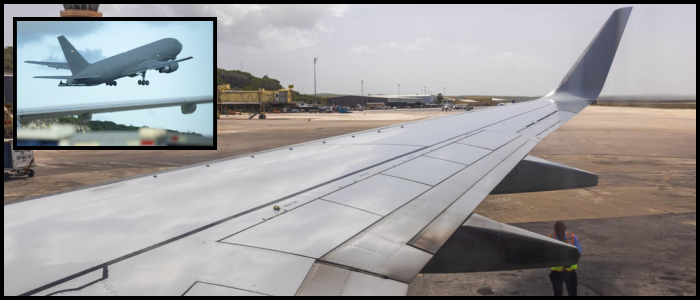
Oil Movements and Market Changes
Oil prices eased slightly as markets opened in Europe, but were still trading about 5 percent higher than closing rates on Thursday. Brent crude was $72.80 a barrel and the U.S. benchmark Nymex was at $73.20. While prices have jumped in recent days, they are still more than 10% lower than prices at the same time last year, and well below the peaks reached in early 2022, in the aftermath of Russia’s invasion of Ukraine.
The shockwaves were also felt on stock exchanges around the world. Japan’s Nikkei index fell 0.9%, while in the UK the FTSE 100 was down 0.4% by mid-morning. At the same time, assets considered a haven in times of global turmoil, namely gold and the Swiss franc, gained. Gold prices rose 1.2 percent to $3,423.30 an ounce — the highest in almost two months.
Supply and Future Impact Uncertainty
In the wake of the strike, the Israeli Defence Forces (IDF) said some 100 drones from Iran had been launched. The next few days are pivotal, analysts said, which could see a rapid de-escalation or an expanding military conflict that risks disrupting oil exports.
If Iran’s production or export capacity is struck, Brent oil could shoot up to $80–$100 per barrel. But higher prices could encourage other producers to increase output — which could help neutralize the inflationary impact.
The Strait of Hormuz continues to be of central concern because nearly a fifth of the world’s oil is shipped through the waterway. A drastic disruption there could affect millions of barrels of oil daily. The region is encircled to the north by Iran and to the south by Oman and the UAE, providing the Gulf with access to the Arabian Sea.
The market is now reacting to immediate risk, but experts say further volatility lies ahead depending on how the situation unfolds.













